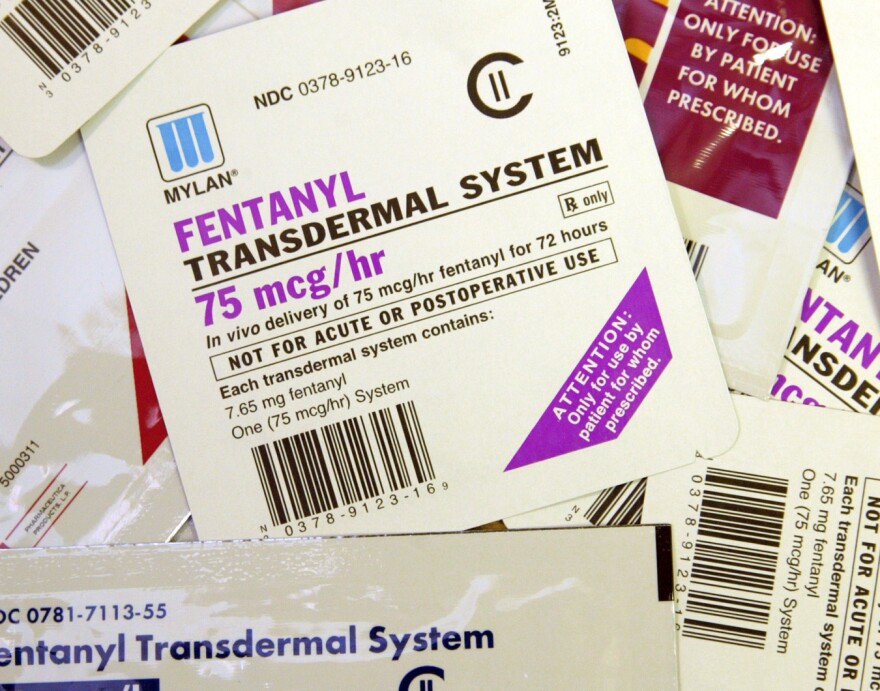Police, civic leaders, first responders and school superintendents from four southeastern Connecticut towns have partnered on combating the synthetic opioid drug fentanyl in their communities.
Kathleen Sheaffer and her husband from Waterford lost their son, 33-year-old Jared Thomas Mills, to a drug overdose.
“The schools’ systems and the towns have great systems in place. My son was out of high school,” Shaeffer said. “But I’m just honestly frustrated with the legal system. I feel that my son was judged and shamed, shamed, so they didn’t pursue who sold it to him.”
Sheaffer said there’s too much stigma around people who overdose, and the ripple effect drugs have on a community.
“We have seen spikes in overdoses,” said Dani Gorman, the director of Waterford Youth and Family Services, who organized the event. “It was important for us to increase awareness to parents, especially to know what the schools response is and what the police response is as well as our community leaders.”
Gorman said fentanyl has overtaken heroin use in the past several years in Connecticut. Some towns have started requiring the overdose reversal drug Naloxone be available in schools.
Residents are concerned after the January death of a 13-year-old Hartford boy who collapsed in school from a fentanyl overdose. Police later found over 100 bags of the drugs in the boy’s possession.


